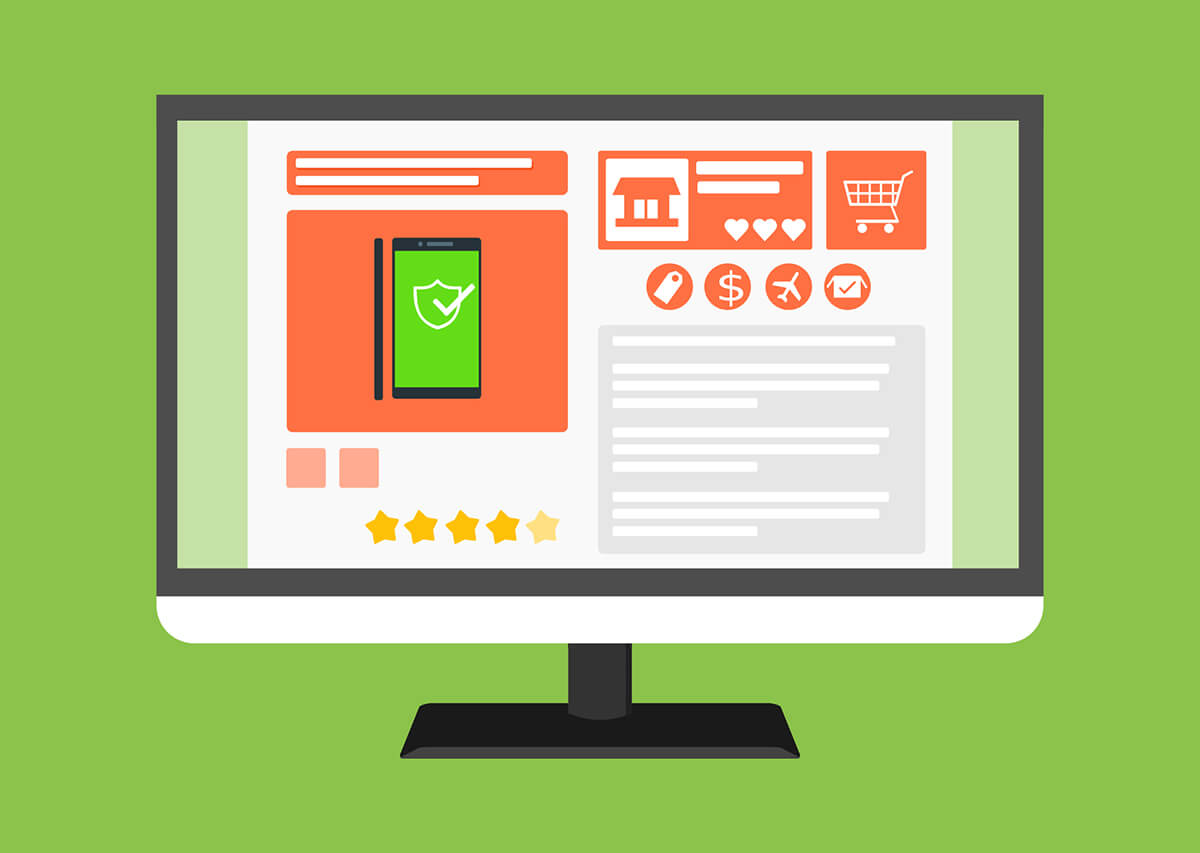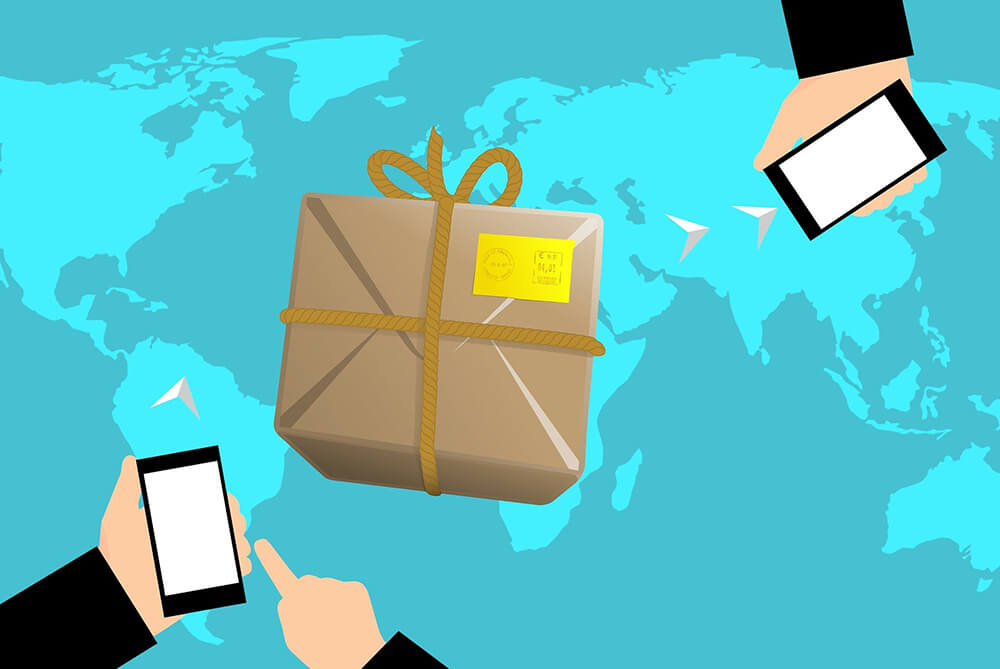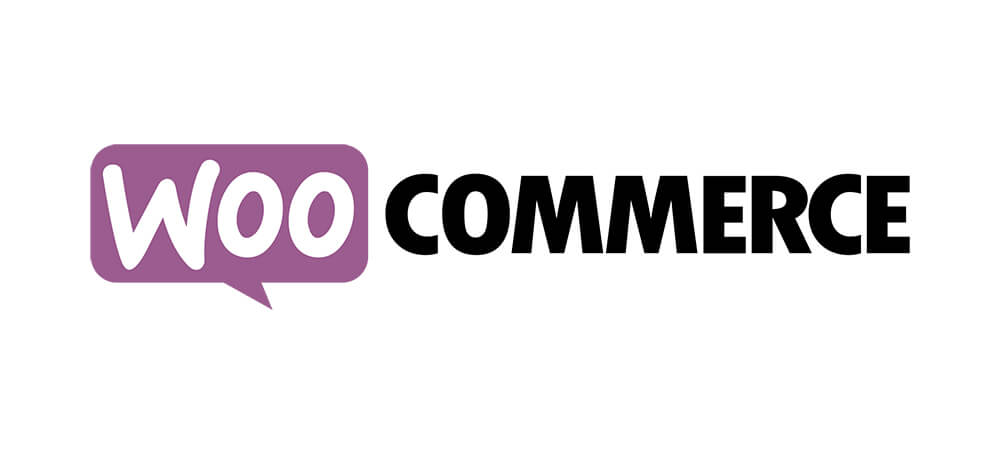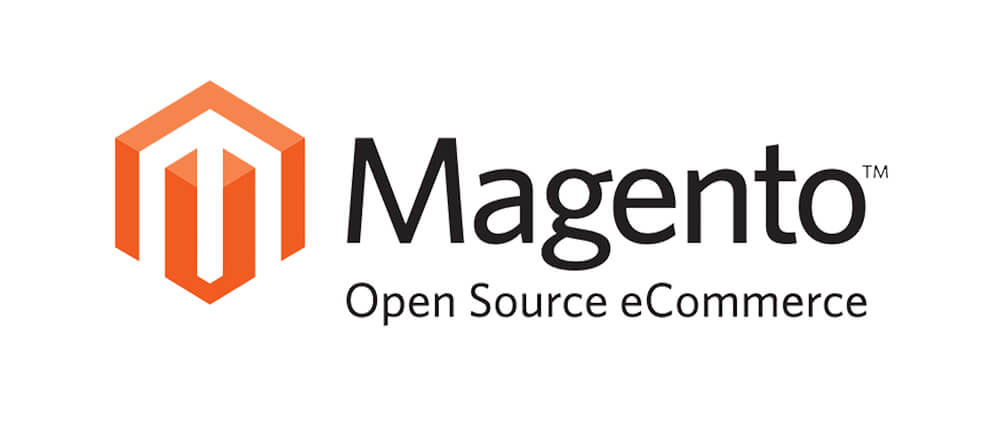I am sure you are all aware of the current situation in the world and as a business you are probably thinking about what you can do to make the most of this strange time? Well, it is vital that you have a website for your business now that the world is spending more time at home and online. Now that a lot of businesses have had to close it is a good time to look at ecommerce and how it can transform your business for the future.

What is ecommerce?
Ecommerce refers to the buying of goods or services using the internet and the transfer of money and data to execute these transactions. It is often used to refer to the sale of physical products online, but it can also describe any kind of commercial transaction that is facilitated through the internet. There are different types of ecommerce models for the transaction that takes place between businesses and consumers.
There are four ecommerce business models:
Business to Consumer (B2C): When a business sells a product or service to an individual consumer.
Business to Business (B2B): When a business sells a product or service to another business.
Consumer to Consumer (C2C): When a consumer sells a good or service to another consumer.
Consumer to Business (C2B): When a consumer sells their own products or services to a business or organisation.

There are many examples of ecommerce businesses and ecommerce can take on a variety of forms involving different transactional relationships between businesses and consumers, as well as different objects being exchanged as part of these transactions.

Retail: The sale of a product by a business directly to a customer
Wholesale: The sale of a product in bulk, often to a retailer
Dropshipping: The sale of a product, which is manufactured and shipped to a consumer by a third party.
Crowdfunding: The collection of money from consumers in advance of a product being available in order to raise the money to bring it to market.
Subscription: The automatic recurring purchase of a product or service on a regular basis until the subscriber chooses to cancel.
Physical products: Any tangible good that requires inventory to be replenished and orders to be physically shipped to customers as sales are made.
Digital products: Downloadable digital goods, courses, templates and courses or media that can be purchased for consumption or licensed for use.
Services: A skill or set of skills provided in exchange for compensation. The service provider’s time can be purchased for a fee.

No matter what ecommerce model your business will follow, it can be really beneficial for your business to sell your goods or services online. Especially during the current situation the world is in, it is a good time to consider ecommerce for your business because more consumers are relying on online services.
How to transform your business with ecommerce
There are many advantages to ecommerce for your business:
Convenience: It is a convenience for consumers because it’s pretty much effortless. The ability to browse and buy from the comfort of your own home at any time of day makes it the easy choice for many.
Easier, cheaper inventory management: ecommerce is also a cheaper and easier inventory management system. Using a web-based management system means the operational costs associated with managing the inventory of goods can be greatly reduced.
Monitoring consumer purchasing habits: Another benefit is the ability to monitor consumer purchasing habits. By being able to keep track of a customer’s viewing history and placed orders enables companies to tailor their offers to suit customers’ needs and requirements.
National or worldwide coverage: With an ecommerce website businesses will be able to offer goods and services across the country and even internationally.
No limit on opening hours: One of the main benefits of an ecommerce store is that there is no closing time. This is beneficial to customers to be able to order day or night and also you will never miss out on vital income.
Reduced running costs: Businesses that choose to open an ecommerce store have the chance to employ fewer personnel to help customers with their shopping experience. The lower advertising and marketing costs mean that opening an ecommerce store is a sensible option for those looking to reduce their expenditure.






Here are also a few ecommerce marketing tips and ideas for taking your business to a new level of success:
Make your ecommerce website mobile friendly: In order to maximise conversions then, it is necessary to provide the best possible mobile experience. In today’s world, a responsive, mobile-optimised website is a necessity for any business.
Adding live chat: It is a good option to consider using live chat on your ecommerce website. This is because customers can ask questions or express concerns before making any buying decisions. Offering live chat on your site helps you discover common problems experienced by your customers. Resolving those problems helps improve your conversions.
Use opt-in pop-up offers to convert users: With an ecommerce website pop-up offers can improve conversion rates. They can encourage visitors to sign up for your mailing list, newsletter or loyalty program.
Offer free shipping: There are many benefits to offering free shipping on your website. Customers are more likely to shop if there’s a free shipping promotion, rather than other types of promotions or discounts.
Email marketing: Email marketing can be the key channel for lead generation. It is well worth the effort to be more proactive and automate your email marketing campaigns for a smoother and more effective process.


How to pick the best ecommerce platform for your online store
Choosing the right ecommerce platform is a critical decision to make. You want to make sure you build enough functionality into your website.
At Reactive Graphics, we recommend two different ecommerce platforms for your online business. We have helped several businesses with ecommerce development for their websites.
WooCommerce is a popular and highly customisable Content Management System. With its great features that are easy to use, WooCommerce operates within the WordPress interface and is suitable for small to medium-sized online stores. Learn more about integrating WooCommerce here.
Magento is a flexible and adaptable platform with many great features to help manage your ecommerce site. With many years as a dedicated ecommerce platform, it is specifically designed for larger web sites and has a proven record of attracting customers and increasing sales. Find out more about Magento here.
Is now the time to start selling online?
Due to the current situation in the world, the majority of people are isolated at home and are turning to online services. This is a good opportunity for you to consider ecommerce to transform your business.
With the dynamic situation, companies need to plan their next marketing moves wisely to either mitigate downside risk or capture all the upside that’s possible. We can’t guarantee or predict the future of the economy but as a business now is the time to act and future proof your business by selling online.

At Reactive Graphics we offer ecommerce Development to client who are looking for a way to maximise sale by creating enjoyable online experiences for their customers.
If you would like Reactive Graphics to build you a website or convert your existing one to sell online, please do get in touch.
Or you can view our portfolio of work here.




